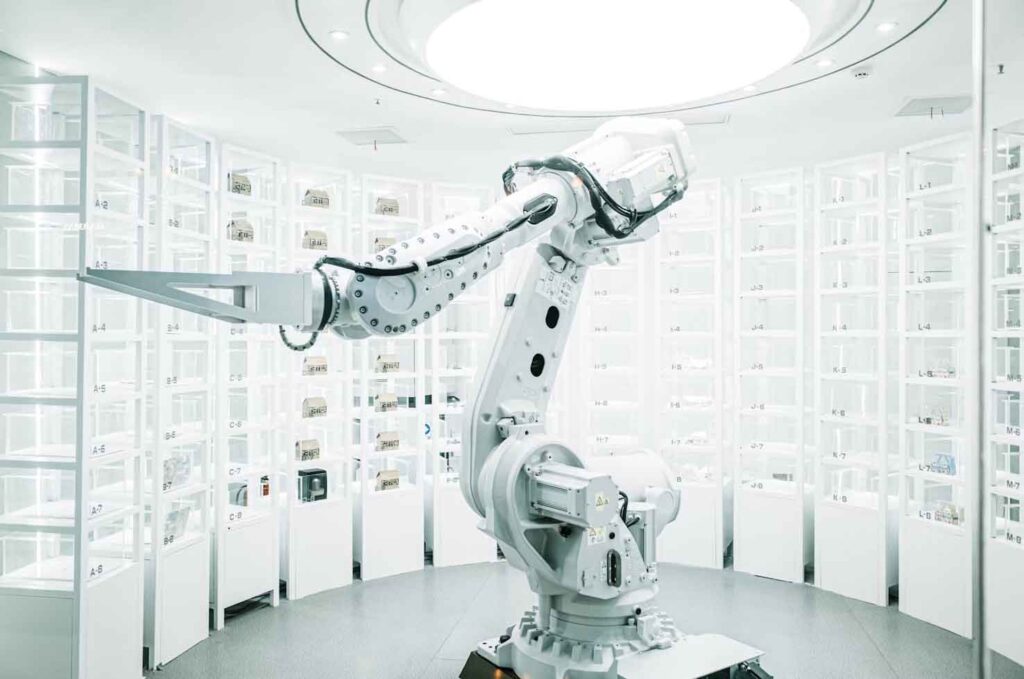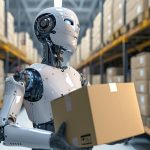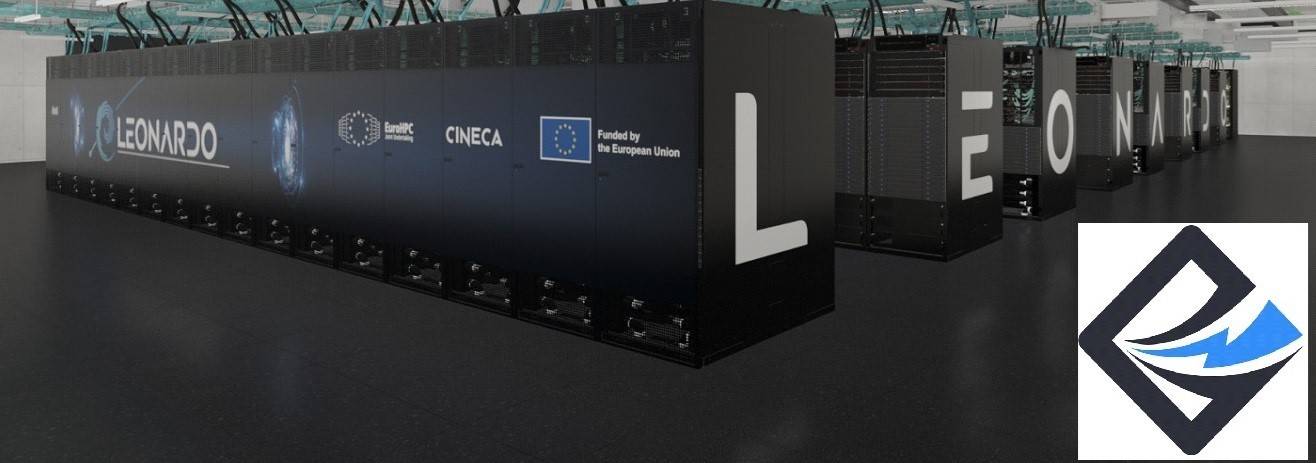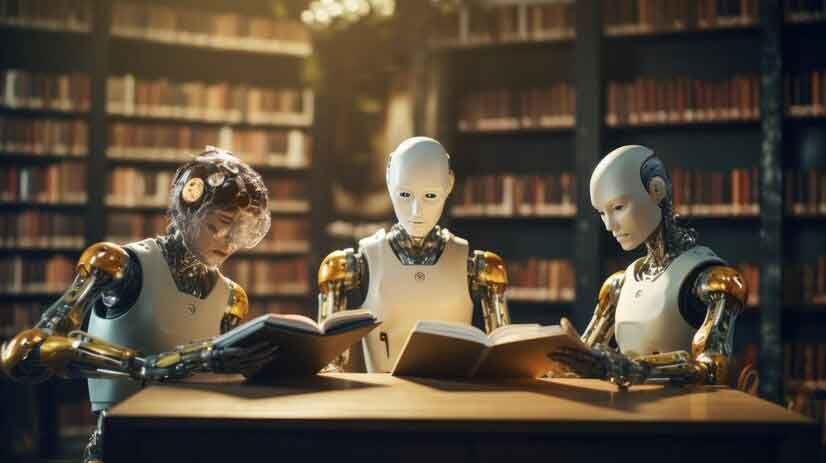Education is only one sector that artificial intelligence (AI) is transforming. Above all AI has the potential to significantly alter educational environments in the future by boosting student experiences, tailoring instruction, and streamlining administrative duties. This is a thorough examination of how artificial intelligence is influencing schooling going forward.
Creating and Endorsing Adaptive Content
AI algorithms are definetle creating a huge number of adaptable instructional material . Always due the algorithms, analyzing learning data, we can create interactive lectures, tutorials, and quizzes that are specifically suited to each student’s requirements. Additionally, AI in education has create a powered recommendation systems that enhance students’ learning experiences by making recommendations for relevant reading material and other resources based on their performance and interests.
Moral and Social Consequences
Although AI has enormous educational potential, it also brings up moral and societal issues. Educators and legislators must address privacy concerns about student data, algorithmic biases in customized learning, and equal access to AI-enhanced educational resources. To appropriately use AI’s advantages, strong ethical standards must be put in place, and algorithms must be transparent.
Automating Tasks in Administration
AI helps educators and institutions by streamlining administrative activities outside of the classroom. Artificial Intelligence (AI) may automate assessment and grading using Natural Language Processing (NLP), saving teachers time on repetitive chores. AI-powered solutions can also handle administrative tasks like resource allocation, scheduling, and student record management, freeing up teachers to concentrate more on instructing and mentoring students.
Ethical Considerations
It’s important not to forget about the moral issues that AI in education raises. The use of AI programs must be fair and unbiased, beliving that all students will be treated equally. There is a chance that skewed algorithms will make discrimination and prejudice worse. Because of this, coders and teachers need to work together to make and use AI systems that are fair and include everyone.
Also, the job of teachers in a school system based on AI needs to be carefully thought through. AI can help teachers, but it shouldn’t take the place of people in the classroom. Teachers are very important because they guide, motivate, and comfort students emotionally. The goal should be to give teachers “AI for education” tools that make their jobs easier, not ones that make them less important.

The Future of AI in Education
Looking ahead, AI in schooling has a bright future ahead of it. Artificial intelligence (AI) will get smarter and be used in more areas of education as technology keeps improving. Lifelong learning systems powered by AI and smart classrooms are two new ideas that are going to change the way we teach and learn.
Conclusion
Ai in education has a bright and varied future. AI will for sure will change the way that information is taught and gained. Examples include intelligent tutoring systems, individualized learning experiences, administrative automation, and immersive technology. However, achieving broad access and overcoming ethical obstacles will be essential to maximizing AI’s educational potential. AI has the potential to empower students, improve teaching methods, and open the door for a more flexible and successful educational system as it develops and is integrated into educational frameworks.
Frequently Asked Questions About Ai in Education.
- How can i use Ai in education today? Today, AI is enhancing education through personalized learning, automating administrative tasks, providing intelligent tutoring systems, and improving accessibility for students with disabilities.
- Why should we use AI technology in school? It raises personalized learning methods, reduces the workload on teachers by automating grading and administrative tasks, and provides data-driven insights for improved educational outcomes.
- Any ethical concerns about using AI in education? Yes , there are clearly several ethical issues such as data privacy, bias in AI algorithms, and AI replacing human teachers. It’s important to address these concerns through responsible AI practices.
- How recent advancements that i can check the reserch have been made in the field of artificial intelligence for the education enviroment ? Recent progress shows tools like Microsoft’s Copilot for Education, AI-supported reading coaches, in integrating these resources into their lessons.
- Where can I get some info on how to use Artificial Intelligence in my class? Teachers can gain understanding about to effectively integrate artificial intelligence into teaching practices through a number of online courses and resources offered by organizations like Microsoft and others.
Reference
https://www.linkedin.com/pulse/future-education-how-artificial-intelligence-transforming-alyre
https://www.weforum.org/agenda/2024/04/future-learning-ai-revolutionizing-education-4-0/
https://iste.org/blog/5-tips-for-using-ai-in-the-classroom
https://idc.ls.wisc.edu/ls-design-for-learning-series/considerations-ai-classroom
https://hbsp.harvard.edu/inspiring-minds/4-simple-ways-to-integrate-ai-into-your-class









